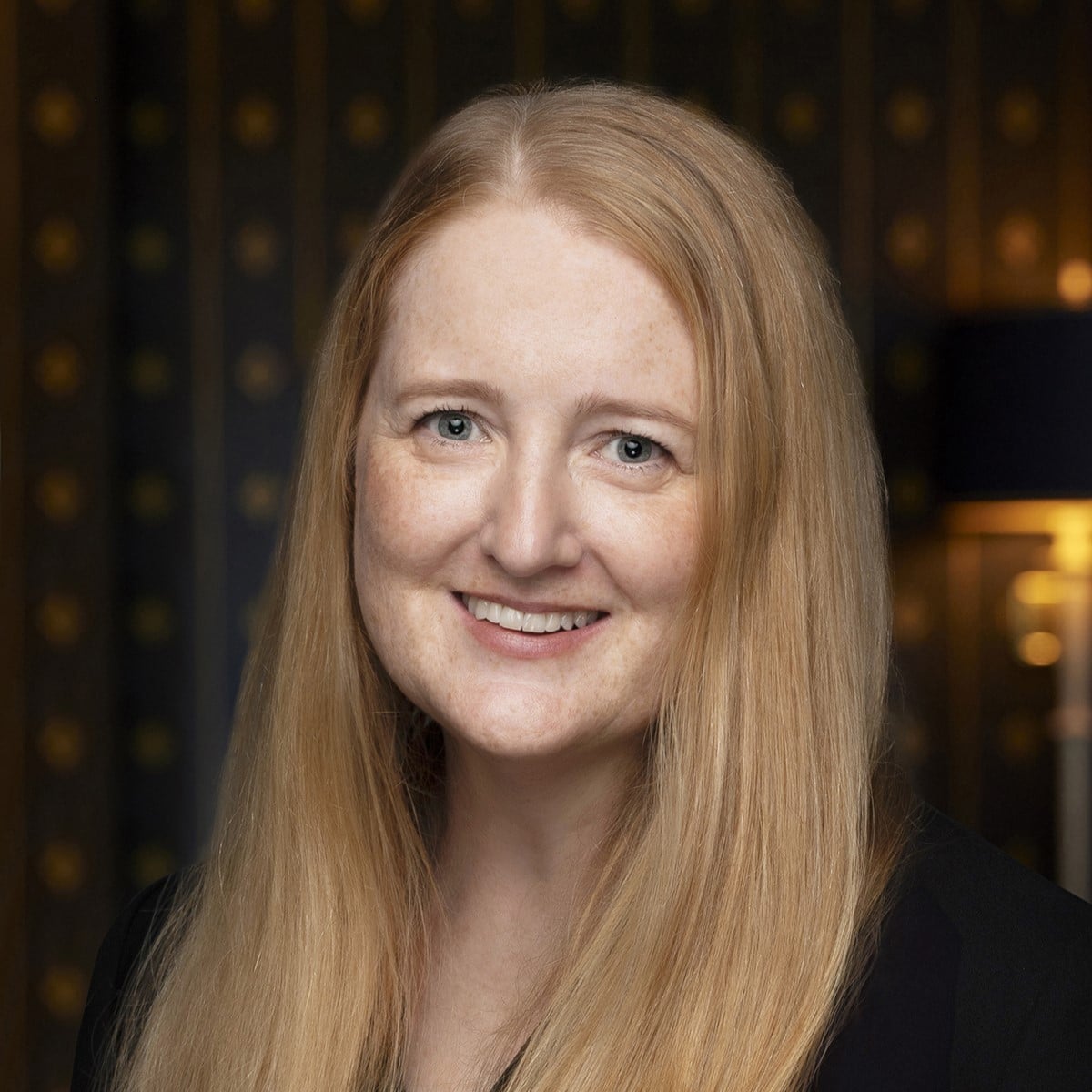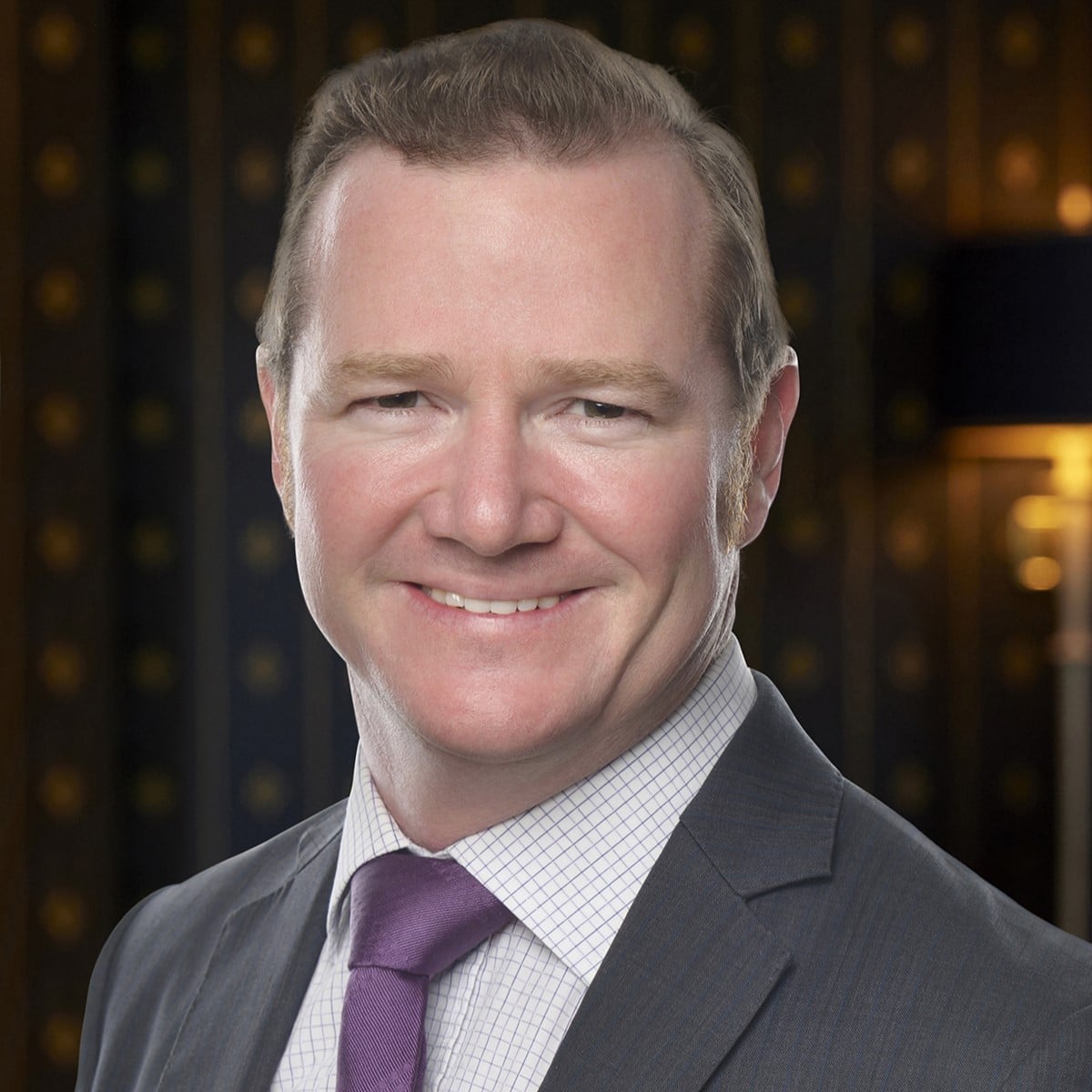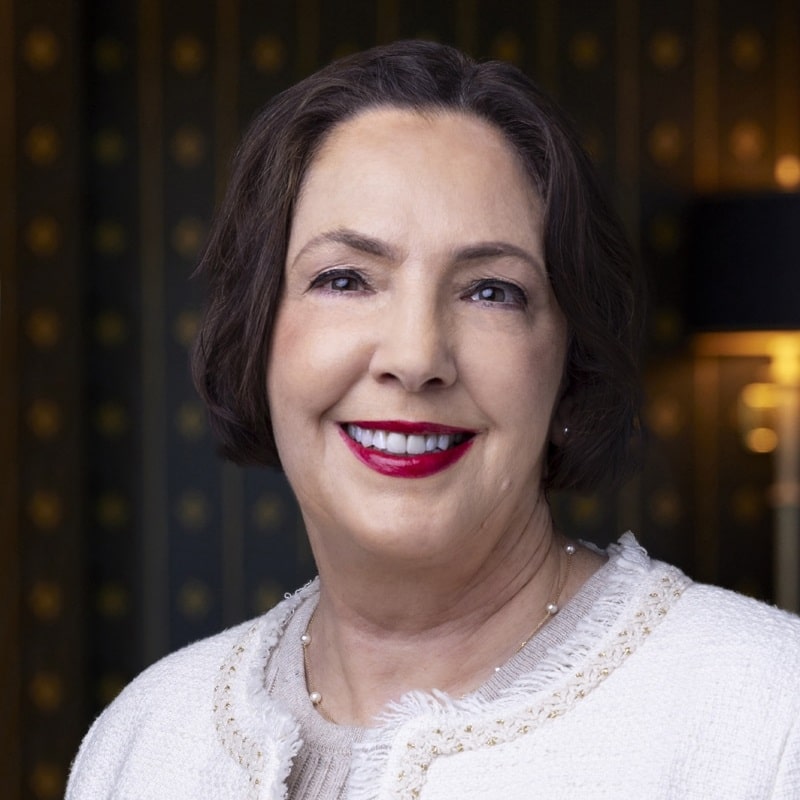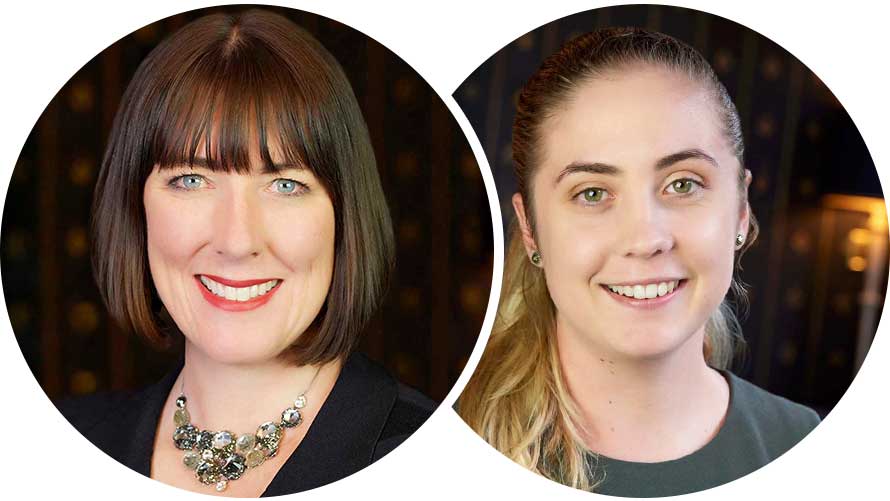Pearce IP provides weekly reports on global biosimilars activities in the Pearce IP BioBlast®. Significant biosimilar activities for the week ending 20 February 2026 are set out below:
Abatacept
Aflibercept
Bevacizumab
Daratumumab
Filgrastim
Nivolumab, Pertuzumab
Pembrolizumab
Ranibizumab
About Pearce IP
Pearce IP is a specialist, life-sciences focussed, intellectual property/law firm offering lawyers and attorneys in Australia and New Zealand.
In 2025, Pearce IP was honoured by Australasian Lawyer and New Zealand Lawyer as a Top Specialist Firm, 5 Star Employer of Choice, and the “Standout Winner” for Inclusion and Culture (<100 employees). Pearce IP and its leaders are ranked in every notable legal directory including: Chambers & Partners, Legal 500, IAM Patent 1000, IAM Strategy 300, MIP IP Stars, Doyles Guide, WTR 1000, Best Lawyers, WIPR Leaders, Best Law Firms, among others.
Pearce IP is the only leading IP firm in Australia and New Zealand with a female founder, and is certified by WEConnect International as women owned.

Naomi Pearce
CEO, Executive Lawyer (AU, NZ), Patent Attorney (AU, NZ) & Trade Mark Attorney (AU)
Naomi is the founder of Pearce IP, and is one of Australia’s leading IP practitioners. Naomi is a market leading, strategic, commercially astute, patent lawyer, patent attorney and trade mark attorney, with over 25 years’ experience, and a background in molecular biology/biochemistry. Ranked in virtually every notable legal directory, highly regarded by peers and clients, with a background in molecular biology, Naomi is renowned for her successful and elegant IP/legal strategies.
Among other awards, Naomi is ranked in Chambers, IAM Patent 1000, IAM Strategy 300, is a MIP “Patent Star”, and is recognised as a WIPR Leader for patents and trade marks. Naomi is the 2023 Lawyers Weekly “IP Partner of the Year”, the Lexology Client Choice Award recipient in 2022 and 2026, the 2022 Asia Pacific Women in Business Law “Patent Lawyer of the Year” and the 2024 Lawyers Weekly Women in Law “Executive of the Year”. Naomi is the founder of Pearce IP, which commenced in 2017 and won 2021 “IP Team of the Year” at the Australian Law Awards.

Chantal Savage
Special Counsel, Lawyer
Chantal is an intellectual property disputes lawyer with experience advising across the spectrum of IP rights, including patents, trade marks, copyright, plant breeder’s rights and trade secrets/confidential information. Recognised as a Rising Star in IP by the Legal 500 Asia Pacific (2021-2024), Chantal has previously worked for international and top tier law firms in Australia and the United Kingdom and now at Pearce IP.
With a science degree specialising in molecular biology and biochemistry, Chantal’s practice focuses particularly on complex, high-value, multi-jurisdictional patent infringement and revocation proceedings for clients in the life sciences sectors.

Maliha Hoque
Paralegal
Maliha is a Paralegal and contributing author to Pearce IP’s flagship circulars BioBlast® and BioGxPulse®. She is currently completing her Juris Doctor at the University of Sydney. With a background in medical science, finance and risk consulting, and an inquisitive mind, Maliha loves leaving ‘no stone unturned’ when investigating IP/legal ‘challenges’. Maliha is interested in the intersection of law and science, and digital transformation. She gets excited about using her science, business management, and legal skills and experience to support Pearce IP’s lawyers, attorneys and clients.




